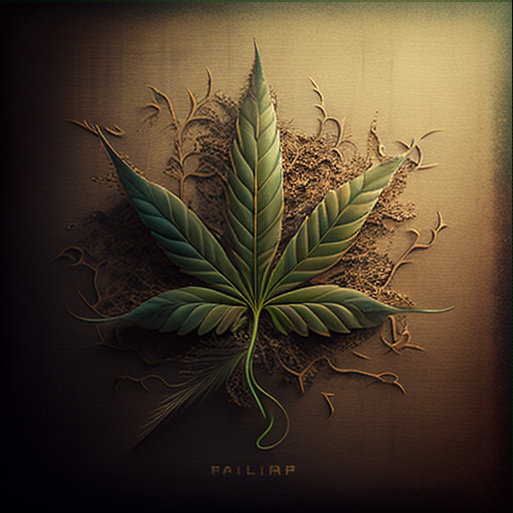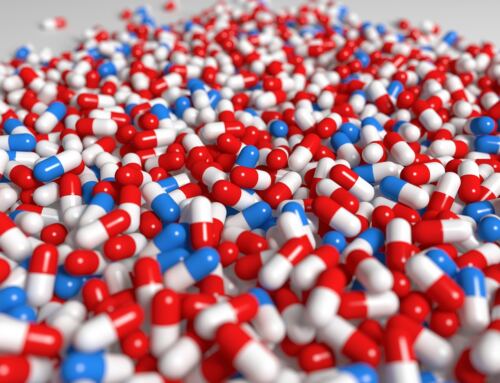Medicinal cannabis refers to the use of the cannabis plant for therapeutic purposes, and it contains numerous bioactive molecules, most of which have not been fully characterized yet. Among the extensively studied cannabinoids present in cannabis are delta-9-tetrahydrocannabinol (THC) and cannabidiol (CBD).
THC is the primary compound responsible for the intoxicating effects of cannabis, achieved by its interaction with CB1 cannabinoid receptors. Despite its intoxicating properties at higher doses, clinical trials have generally shown that THC can effectively treat various conditions such as chronic pain, spasticity in multiple sclerosis, anorexia and cachexia, Tourette syndrome, and chemotherapy-induced nausea and vomiting. Ongoing trials are currently underway to further define THC’s therapeutic potential in these and other medical conditions.
On the other hand, CBD exhibits a broad range of pharmacological actions without causing intoxication. Early evidence indicates that CBD may have therapeutic benefits at relatively high doses (300–1500 mg) for conditions such as epilepsy, anxiety, and psychosis. Numerous clinical trials are also ongoing to explore its potential use in treating neuropathic pain, drug and alcohol dependence, and neurodegenerative disorders. In some countries, CBD is readily available in over-the-counter nutraceutical products marketed as ‘wellness’ supplements, containing low doses (e.g., 5–25 mg) with limited current evidence of health benefits. However, over-the-counter access to CBD in Australia is not yet available, though the Therapeutic Goods Administration (TGA Australia) is considering simplifying access to CBD products.






Leave A Comment